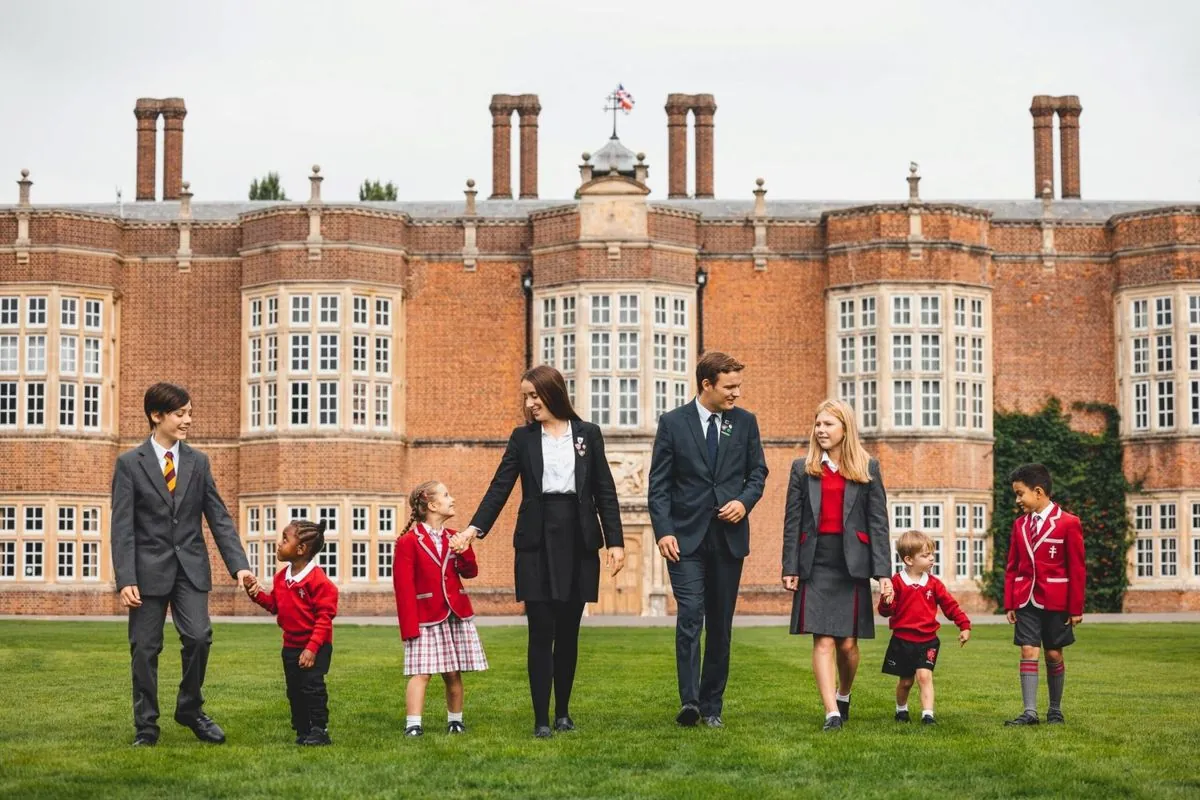UK Private Schools: Debating the VAT Proposal and Their Role in Education
The UK government's plan to charge VAT on private schools faces criticism. This article explores the potential consequences and presents arguments for the value of private education in Britain.

The UK government's proposal to impose Value Added Tax (VAT) on private schools has sparked a heated debate about the role of these institutions in British society. While stereotypes about privileged students often dominate public perception, a closer examination reveals a more complex picture of private education's impact on the nation's educational landscape.
Adam Smith Institute recently highlighted potential consequences of the proposed tax, suggesting it could lead to a mass exodus of pupils from private schools. This shift could overwhelm local state schools, potentially negating any financial benefits for the Treasury. The timing of the tax implementation, slated for January, has been criticized as abrupt and potentially disruptive to students' education.
"Springing a last-minute announcement on parents that the tax will take effect in January is nothing short of cruel."
Private schools play a significant role in the UK economy, contributing £13.7 billion annually according to Oxford Economics. They also serve as major local employers, providing jobs not only for teachers but also for support staff such as cleaners and cooks. The sector's importance extends beyond economics, offering educational choice and potentially alleviating pressure on the state school system.
Proponents of private education argue that these institutions offer parents greater choice in their children's education, particularly as debates over curriculum content intensify. Angela Rayner and other Labour figures have expressed a desire to abolish private education, but supporters contend that such a move would limit educational options and potentially harm social mobility efforts.
Private schools in the UK have a rich history, with some institutions dating back centuries. King's School, Canterbury, founded in 597 AD, holds the title of England's oldest private school. The sector has produced numerous influential figures, including 20 British Prime Ministers educated at Eton College alone.
While concerns about social inequality persist, private schools argue that they contribute to social mobility through bursaries and scholarships. Many share facilities with state schools and offer opportunities to talented students from diverse backgrounds. The average annual fee for private day schools in the UK is around £15,000, but financial assistance programs aim to make these institutions more accessible.
Critics of the proposed VAT often point to the potential unintended consequences. They argue that sharp-elbowed middle-class parents will find alternative ways to secure educational advantages, such as private tutoring or relocating to areas with high-performing state schools. Instead of punitive measures, some suggest reviving programs like the Assisted Places Scheme, which was abolished in 1997, to promote access to private education for disadvantaged students.
As the debate continues, it's clear that addressing educational inequality requires a nuanced approach. While stereotypes about private schools persist, their role in the UK's educational ecosystem is complex and multifaceted. The challenge lies in balancing the benefits of private education with efforts to improve the state sector, ensuring quality education for all British students regardless of their background.


































